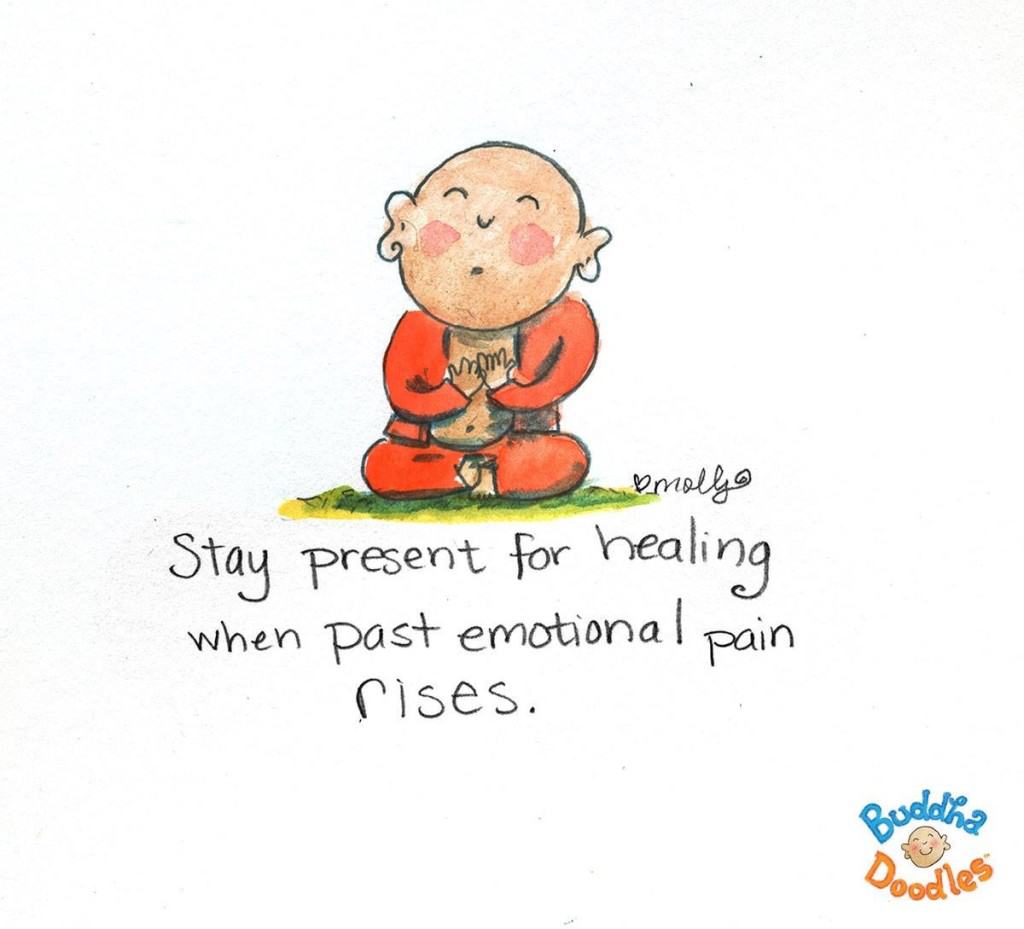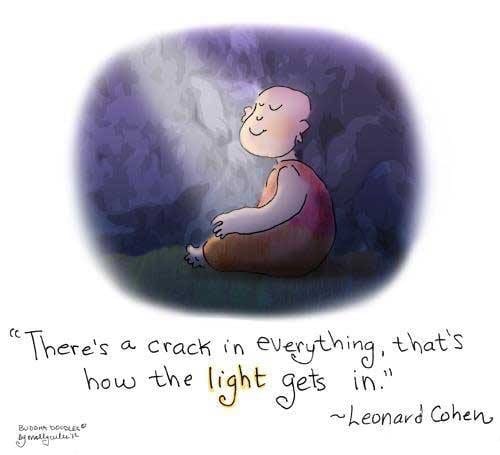Mindfulness



“Between the stimulus and the response there is a space, and in this space lies our power and freedom” – Viktor Frankl
Mindfulness is a very powerful tool which I incorporate into my own life, and also use with my clients. But what exactly is mindfulness? You may have read about it somewhere online, or seen something about it on TV, as it has made its way into the spotlight. Mindfulness, however, is far from new…it is about 2500 years old, even though it has only recently made its debut into our culture.
Mindfulness, very simply stated, is “paying attention to something, in a particular way, on purpose, in the present moment, non-judgmentally” (John Kabat-Zinn, 2003)*.
Wait, that’s it? Just, “being aware in the present moment?” What can that possibly do for me?
Mindfulness is, in fact, a very simple concept. But, as simple as it is, is also as complex as it is. Numerous scientific studies have proven that mindfulness, and intentionally focusing on the present moment, can lead to a decrease in feelings of stress. There have been studies done which show that a regular practice of mindfulness meditation can actually cause measurable structural changes in the brain! Additionally, mindfulness also encompasses some wonderful concepts, such as compassion, lovingkindness, and equanimity (mental calmness).
As we become more aware of our own experience in the moment, we cultivate an ability to “take a pause,” which can be helpful in changing un-useful patterns in our lives, rather than repeating the same old things which end up causing us problems in our relationships.
Mindfulness comes to us from Eastern philosophy, but in no way does it mean that anyone has to be a certain religion to practice it. Mindfulness is a scientifically proven entity, not a religion.
Most people have heard of meditation, even if they have never practiced it. Meditation is a formal practice of mindfulness, but there are many ways to practice mindfulness informally, as you go about your every day life. For example, as you take a shower (or a bath), you can become aware of the feeling of the water on your body. What does it feel like on your skin? Is it warm? Gentle? How long does it take before your thoughts wander away from the feeling of the water on your skin? When you notice that you are no longer with the feeling of the water, can you bring your attention back to it? There, you just practiced mindfulness!!!
I do not require my clients to meditate (unless of course they want to), but I do help them to become aware of what is happening for them in the present moment. By cultivating access to this awareness, you can begin to create positive change.
The quote, by Viktor Frankl, at the beginning of this page, beautifully illustrates the concept of mindfulness. When we increase our awareness, we open space, which allows us to “respond,” instead of “reacting” in the same old ways which have not been useful in our lives.
*Kabat-Zinn, J. Mindfulness-based interventions in context: Past, present, and future. Clinical Psychology: Science and Practice. 2003; 10: 144-156.
